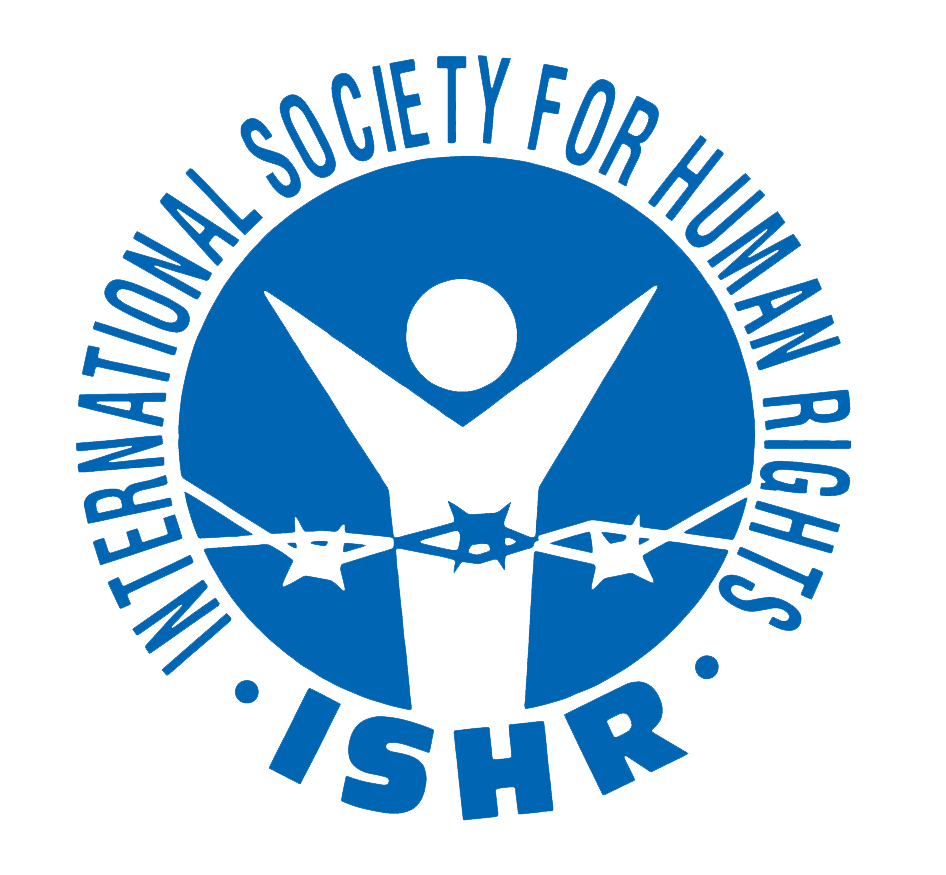ABOUT US

Our vision: For every person to be able to freely claim their human rights as enshrined in the UN Universal Declaration of Human Rights.
Who we are
The ISHR is an independent non-profit and non-governmental organization that advocates for people who are non-violently engaged in the realization of human rights in their countries or who are persecuted for claiming their rights. Though it began as a single organization in Germany (see the official website of ISHR Germany), it has expanded into a network of affiliated civil society groups and NGOs located in over 30 countries, who defend the UN Universal Declaration of Human Rights worldwide. To see a complete list of countries in which the ISHR is represented and to learn more about our sections, click here.
The ISHR has Consultative Status (Roster) with the Economic and Social Council (ECOSOC) of the United Nations, as well as Associated Status with the UN Department of Public Information (DPI). The ISHR headquarters in Germany is primarily financed through membership fees, private donations, and grants; most other sections are run by activists who volunteer their time.
OUR STORY
The International Society for Human Rights (ISHR) was originally founded as the ‘Gesellschaft für Menschenrechte, GFM’ (EN: Society for Human Rights) in 1972 in Frankfurt am Main, Germany. It was founded by Ivan Agrusov, a political dissident who fled Soviet Russia to Germany, in order to help persecuted non-violent political dissidents and prisoners in the USSR and the GDR. Partner organizations in Austria and Switzerland led to the initial international expansion and new name of ISHR (IGFM in German) in 1981. Following the collapse of the Soviet Union, the ISHR began to support democratic development and promote human rights in the newly formed countries, as well as other post-communist countries.
Since then, the ISHR has expanded to include national sections (affiliated member organizations) in over 30 countries across Africa, Australia, North and South America, Europe and Central Asia, and the Middle East, including in 10 countries of the former Soviet Union and 4 countries of former Yugoslavia. All national sections base their work on the UN Universal Declaration of Human Rights, but each pursues its own specific areas of human rights work under this framework. To see a complete list of countries in which the ISHR is represented and to learn more about our sections, click here.

